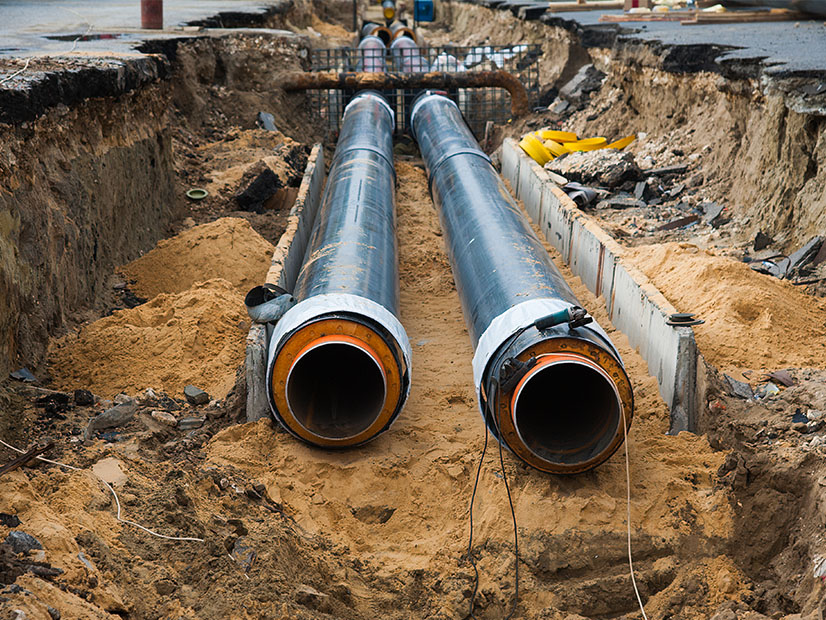
Massachusetts agencies are already working to determine the future of natural gas in the state, but a bill under consideration in the legislature is tackling how to deal with leaking gas pipes.
Legislators from the Merrimack Valley, where a series of gas explosions and fires killed an 18-year-old and forced the evacuation of 50,000 residents in 2018, called for repairing pipelines instead of replacing them until Massachusetts settles on the future of heat to avoid future incidents.
“Many of our homes and neighborhoods are still not put back together,” Rep. Christina Minicucci said at a legislative hearing on the proposed Future of Heat Act (H.3298) on Tuesday. “The explosions happened during pipeline replacement.”
The state program to replace leaking gas pipes is likely to cost more than $20 billion, according to a report by the research and advocacy organization Gas Leaks Allies.
Other experts suggested looking at the state of pipelines on a case-by-case basis or even by municipality.
Legislators should “make it a local decision based on the pipes in the ground there,” said Harvey Michaels, professor of energy and climate solutions at the Massachusetts Institute of Technology.
Alternatives to natural gas, such as air source heat pumps, are not yet widely integrated in Massachusetts homes, Michaels said.
“No one has come up with a good idea in cold climates to decarbonize heat, so we need to try a few things,” he added.
A new study published in the Journal Proceedings of the National Academy of Sciences found that methane emissions from pipelines at a group of sites in Boston are six times higher than state estimates. The study also found a correlation between methane emissions and consumption, even though pipelines are kept at an almost consistent pressure throughout the year despite the amount in use.
The results show that gas leaks within homes and buildings are higher than previously thought, Maryann Sargent, a research scientist at Harvard University and a co-author of the study, testified Tuesday.
Instead of spending billions on replacing pipelines, Massachusetts should repair pipelines and redirect funding to geothermal heat networks as outlined in the Future of Heat bill, according to the testimonies of researchers, scientists and advocacy organizations.
“If the state repaired all of the pipes instead of replacing them, it would be 1/200th of the cost,” said Audrey Schulman, co-executive director of the Home Energy Efficiency Team (HEET).
The upfront costs of installing the thermal heat pump networks will be higher than natural gas pipes, but “the energy is free,” Zeyneb Magavi, co-executive director of HEET, said. Gas utilities would then transition to thermal clean heat utilities and make money maintaining the thermal network, she added.
However, the language in the bill does not favor any one type of clean energy alternative.
“I think this is a bright spot in dark times,” Magavi said.
